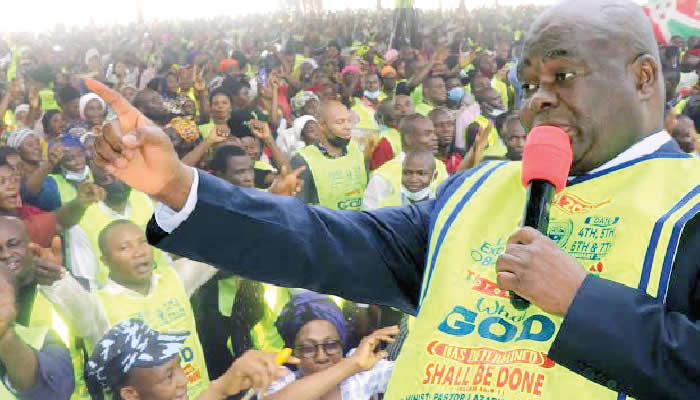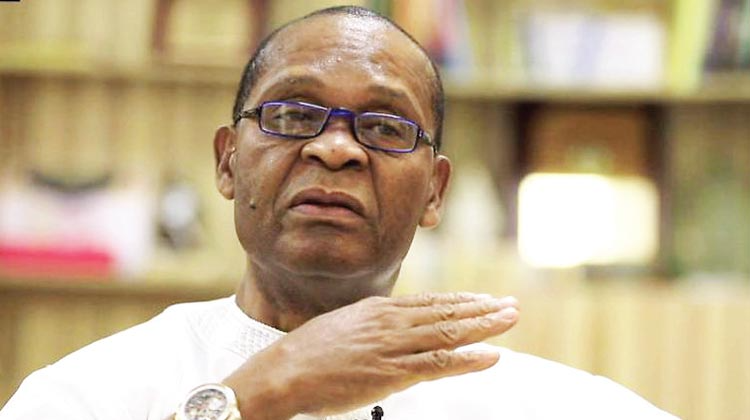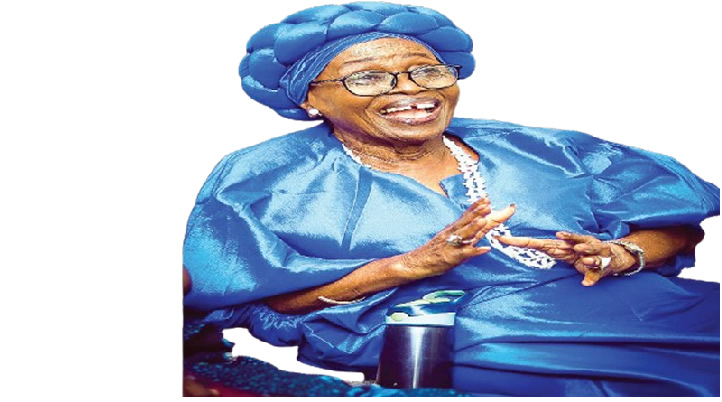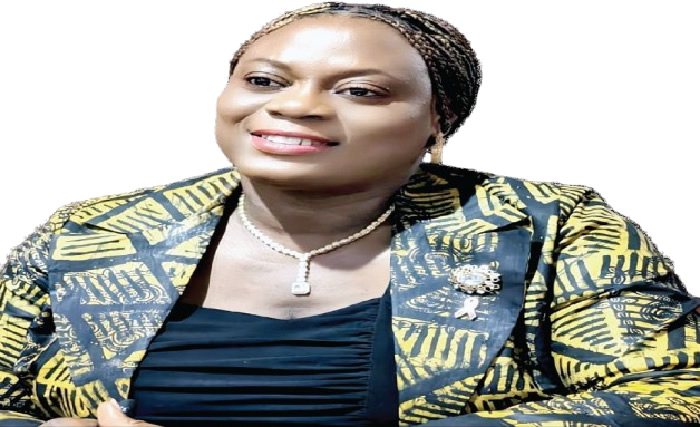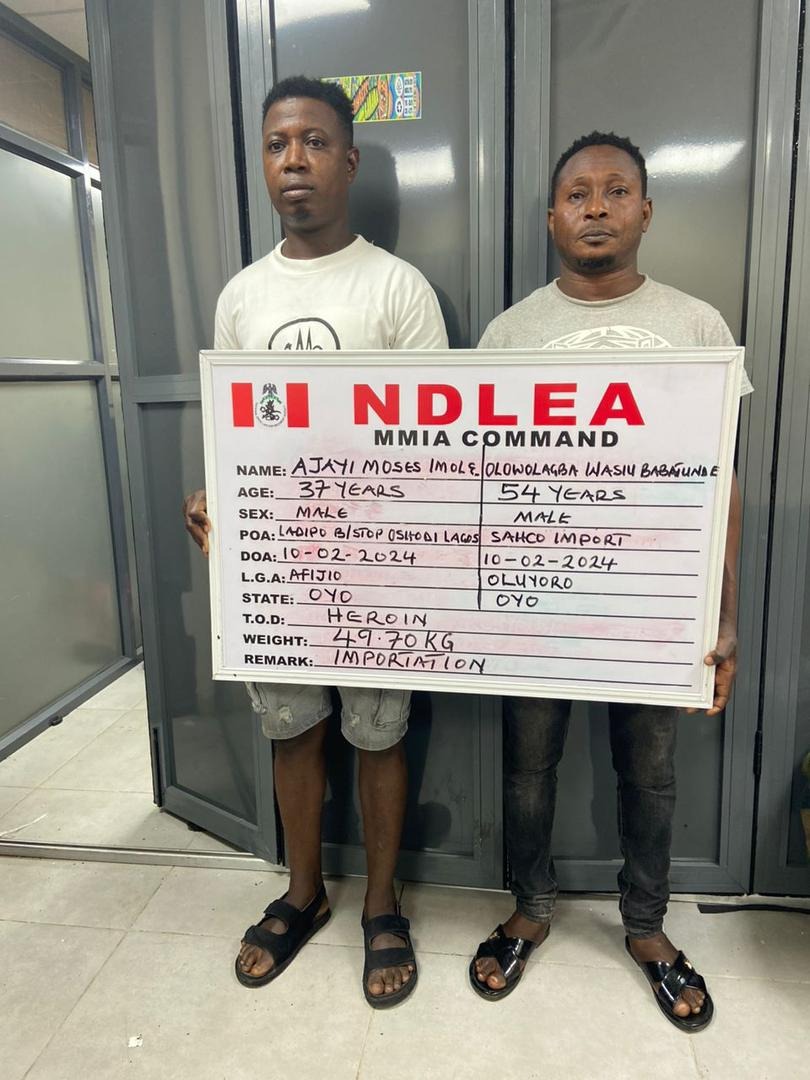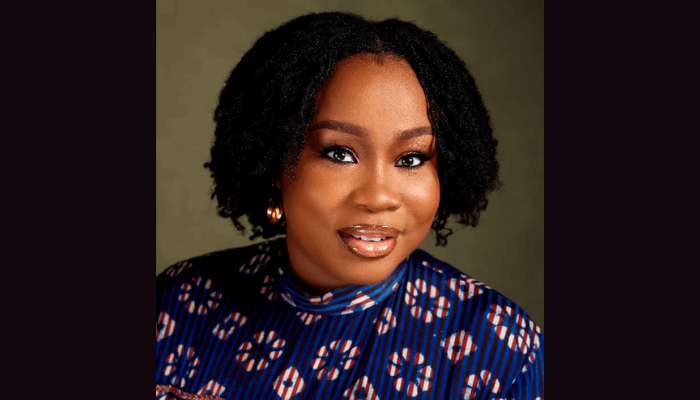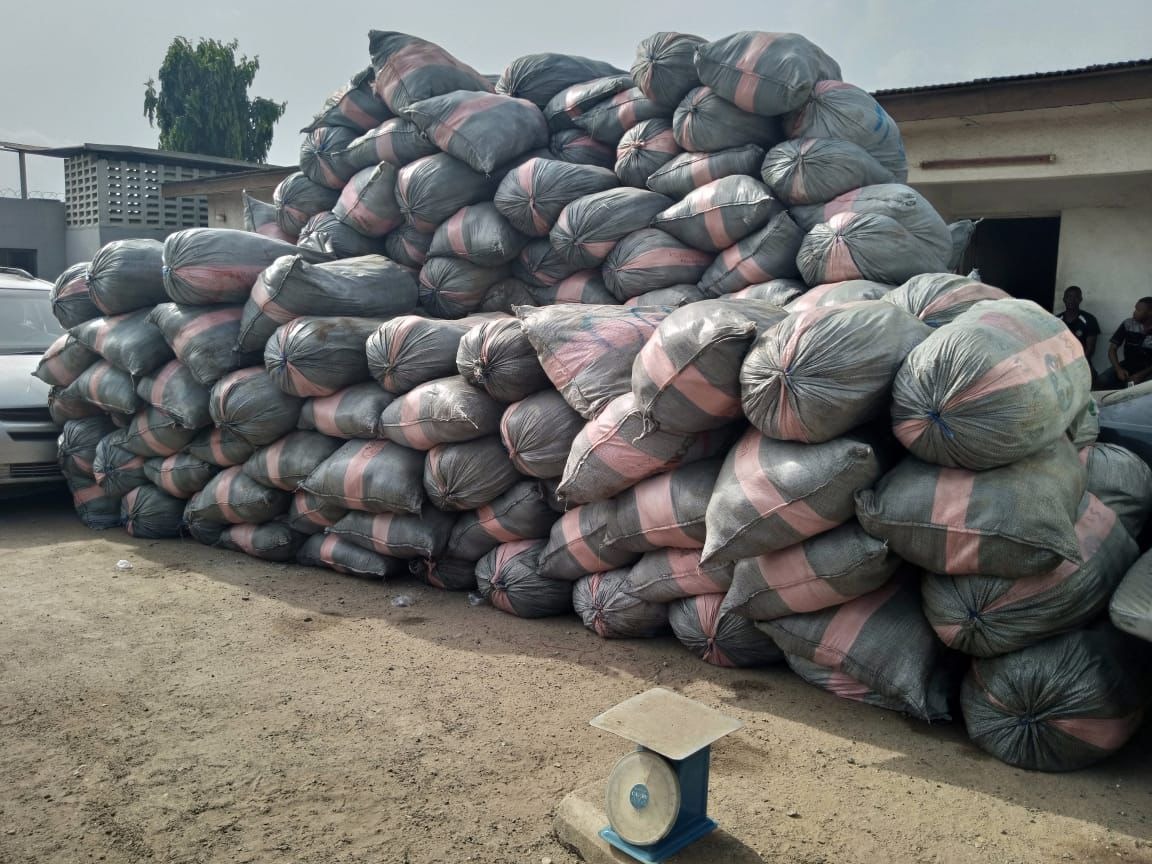As scepticism continues to spread like wildfire and the Lord’s Chosen Charistmatic Revival Ministry faces accusations of fabricating divine encounters, the Head of Public Relations and Media of the church, Pastor Chidi Louis tells OLUFEMI ADEDIRAN about the church’s unwavering faith in God’s power, and why some Nigerians remain unconvinced about miracles
Nigerians have accused your church of fabricating some of the testimonies shared by members. How do you respond to these accusations?
Everyone in the country today is seeing what is happening on social media regarding the videos being posted. The fact remains that someone doctored the videos to tarnish the image of the church. There are unabridged versions of the videos, but what these people did was circulate shortened clips on social media with the intent of damaging the church’s reputation.
This should not be the case, but since it has been done, we don’t need to engage in arguments with anyone. We have left them to act as they wish and allow God to be the judge.
There are unabridged versions of testimonies, such as one from a woman who dreamt of how she disarmed three robbers of their AK-47s, and another from a brother who testified that, in his dream, he was riding on the back of a lion, which directed him where to go.
We don’t have any issue with anyone, but it’s clear they are attempting to tarnish the church’s image. However, we thank God that they are inadvertently advertising the church.
The Lord’s Chosen is a holy church; we don’t engage in what others are trying to portray us as. What our pastor preaches is clear to the world—practical holiness and righteousness. We don’t fake anything. We stand firm, as holy brethren, with heaven consciousness. We are not like other churches.
Are members screened before sharing their testimonies?
We don’t conduct screening or interviews for people who come to share their testimonies because what we preach is holiness and righteousness. We believe that anybody who comes to hear the message of God and is touched, and says they are born again, should live right and maintain holiness and righteousness. So, there is no need for us to begin to doubt someone’s testimony.
If anybody comes and decides to give a testimony, we will give such a person the opportunity. We don’t teleguide or tell people what to say or how to say it. You are free to say it as you like
Your members have been associated with funny methods of evangelising on the streets. What is the reason for this?
What prompted us to do everything you’ve been seeing us do on the streets is our vision and mandate. Let me briefly explain the vision, as it will help people understand our actions through that lens.
The first vision is grassroots revival across the world, which involves going to the nooks and crannies of the globe to preach the gospel of repentance to all, regardless of status, geographical location, or gender. The Holy Bible has already commissioned us for this mission, as stated in Mark 16:15.
Our mandate is to spread the gospel of repentance to every corner of the world, telling people that Jesus Christ came, was crucified for humanity’s sins, died, was buried, and on the third day, rose again for our justification. To fully appreciate the redemptive work He did for us on the cross at Calvary, we must repent of our sins, give our lives to Christ, and sin no more.
We are tasked with telling the world that sin is an aberration and the root cause of the world’s problems. The challenges we face today are due to the wickedness of men, which is why the world is in crisis. So, we tell people that the key to success is holiness, for righteousness is what exalts a nation. We must carry this vision to the farthest reaches of the world.
The second vision is the revival of apostolic Christian experiences within the body of Christ. By apostolic experiences, I mean those of holiness, righteousness, total dedication to God’s service, love, unity, and peace. The apostles embodied these experiences, and that was what sustained their joy in the Lord and enabled them to spread the gospel worldwide. The Lord’s Chosen was established to reintroduce these experiences to the body of Christ.
In this dispensation, God’s spirit is moving among men, and the Lord’s Chosen has been emboldened and inspired to revive these experiences, especially in a world so desperately in need of unity and love. That is why you see us passionately ensuring these values are shared with the world. If there is peace and unity globally, there will be no need for the police, no crime, and all these crises will come to an end.
Our third vision is the revival of heaven’s consciousness in the heart of every believer. Before the Lord’s Chosen Revival Charismatic Ministry, many pastors focused on deliverance, believing Christianity was only about prayer and invoking God’s presence. But that is not the core of Christianity. We made people understand that the essence of Christianity is to prepare souls for heaven.
We attend church not for any other reason but to ensure that, at the end of this life, we gain a place in heaven. These visions are our driving force. That’s why you see our members preaching the gospel daily, evangelising the word, and sharing this vision with others. We have a mandate to bring 10 billion souls into the kingdom of God.
Some wonder how we will reach 10 billion souls. We want them to know that generations come and go, and if Jesus tarries, we will actualise this vision.
How has the church been coping with the trolling on social media?
Our pastor has travelled around the world, and the church has been experiencing a tremendous impact. We now have a presence in almost 120 nations. Beyond that, people have been receiving their healing; thousands of armed robbers and prostitutes have surrendered their lives to God. Let’s set aside other supernatural encounters and focus on what is most meaningful to us—when someone gives their life to Christ. Armed robbers surrendering their lives to Jesus and kidnappers turning to Christ—that, for us, is enough. We are happy these things are happening, regardless of what others may be saying.
How has this affected the church?
I don’t think what is happening has any impact on the church. Our general overseer is not bothered by it. It’s normal—once you’re doing the right thing, people will criticise you. I actually pity those involved because the Bible says, “Every kind of sin and slander can be forgiven, but blasphemy against the Spirit is not forgivable. Anyone who speaks a word against the Son of Man will be forgiven, but anyone who speaks against the Holy Spirit will not be forgiven, either in this age or in the age to come.” I hope those doing this know the Bible. The issue is that some Christians involved are ignorant of God and of what Scripture says. We’re not troubled by this; we pity them. We let them say whatever they want—it’s between them and God. The church is not disturbed at all. The Bible clearly states that if you do wrong, you will face the consequences.
What is the church’s message to the trolls on social media?
Social media came with a big bang but later, some started using it against others. If I were to be among those mocking the church, I would have gone there to conduct an investigation.
The church gate, the church service and everything happening there is open to everyone. People can come and investigate; they can even meet with the people who gave those testimonies and interview them.
They can’t just go to social media because they have data and phones, and can post anything, whether good or bad.
People can’t just go to X and begin to post whatever they like. The things of God are very mysterious. At times, human knowledge cannot comprehend what God is doing. A lot of things are being done here and I wish that people could just come to the church and investigate one or two things.
A lot of people have doubts, but we will continue to pray that one day, they will come to the knowledge of the truth and be saved.
